“We’re people. We have feelings…we love our job, love helping people, but we also get tired, and we also have trauma. We’re just like anybody else.” Jesse’s words are honest, vulnerable, and inspiring- but our firefighters are not just like anybody else.
I recently interviewed two firefighters, Jesse and Christopher, from Station 25 in San Jacinto. While I was at the station, I noticed a flag hanging beside a fire truck. It read, “We will not celebrate mediocrity”. Mediocrity has become a term thrown around over the past few years between the rise of AI, saturation of terms like “elite” and “premium,” and political analysis of our culture, just to name a few. Despite the variety of these opinions, they share at least one belief: as a society, we celebrate mediocrity.
What is mediocrity? Merriam-Webster defines “Mediocre”, the word mediocrity is derived from, as being “of moderate or low quality, value, ability, or performance: ordinary, so-so.”
Most of us have likely received a participation award at some point. These awards are classic examples of how we celebrate mediocrity in our society; everyone receives an award, just for showing up, hence leaving performance out of the equation. There are mixed opinions about whether these awards produce positive or negative mindsets and behaviors, but regardless of the social and psychological advantages or drawbacks, at least one thing is certain: there are some places where participation awards cannot ethically exist.
One of these places is the fire department. According to the FCTC, firefighters must meet the following minimum criteria in order to be considered for the position in California: they must be at least eighteen years old, possess a valid driver’s license, have a high school diploma or an equivalent, hold a valid Cal-JAC CPAT Card (received upon passing a physical exam), and pass the FCTC written test. Additionally, it is recommended that you earn your Firefighter One certification, paramedic license, and EMT card.
Becoming a firefighter takes work; there are many requirements that you have to meet before you can even be hired. Afterwards, it is not much easier. Jesse and Christopher said that a typical day involves checking out equipment, cleaning the station, doing some kind of training- medical, firefighter, etc., working out, and then having dinner together and hanging out. Throughout all of this, Jesse added, they are running calls, “so (they) can have long days, short days, it just depends on the station” and the day. Furthermore, they “spend at least three days at the station. Sometimes (they) pick up overtime, working five, six, ten days straight” (Christopher). When you are a firefighter, eight hour days, five times a week, are nonexistent.
The same goes for mediocre ability. Jesse and Christopher said that they respond to medical calls, drownings, childbirth, fires, et cetera. They respond to emergencies; if they go into the job unprepared for the situation, it could be a matter of life and death.
That is why it is imperative that they do “not celebrate mediocrity. “According to the Riverside County Fire Department’s latest annual report, in 2023 they responded to a total of 196,125 incidents in that year alone. This is an increase from the 193,278 incidents that they responded to in 2022, and it is a number that has been increasing for some time. About 7% of calls in 2023 were false alarms.
Imagine that firefighter trainees were given a participation award for showing up to training, or automatically received a passing grade on their written and physical exams. Imagine that they decided they didn’t need to keep training once they became firefighters. They were good enough. That would mean that over 175,000 times, increasing most years, the public would have less of a fighting chance.
Going back to what Jesse told me, they are people like you and me, but our firefighters are not “just like anybody else.” They willingly sacrifice time with their families and risk their mental and physical health, as well as their lives, so that we always have someone to turn to in times of crisis. In return, we can give them respect and appreciation, try to be careful, and “be aware of the signs of a stroke and of a heart attack (Jesse).”
Firefighters stand apart because they choose excellence in a world that often settles for the bare minimum. Their unwavering commitment to training, sacrifice, and perseverance helps more lives to be saved, more disasters to be prevented or stopped, and more communities to remain protected. Our firefighters pay a tough price when “(they) will not celebrate mediocrity,” and we owe them for that.

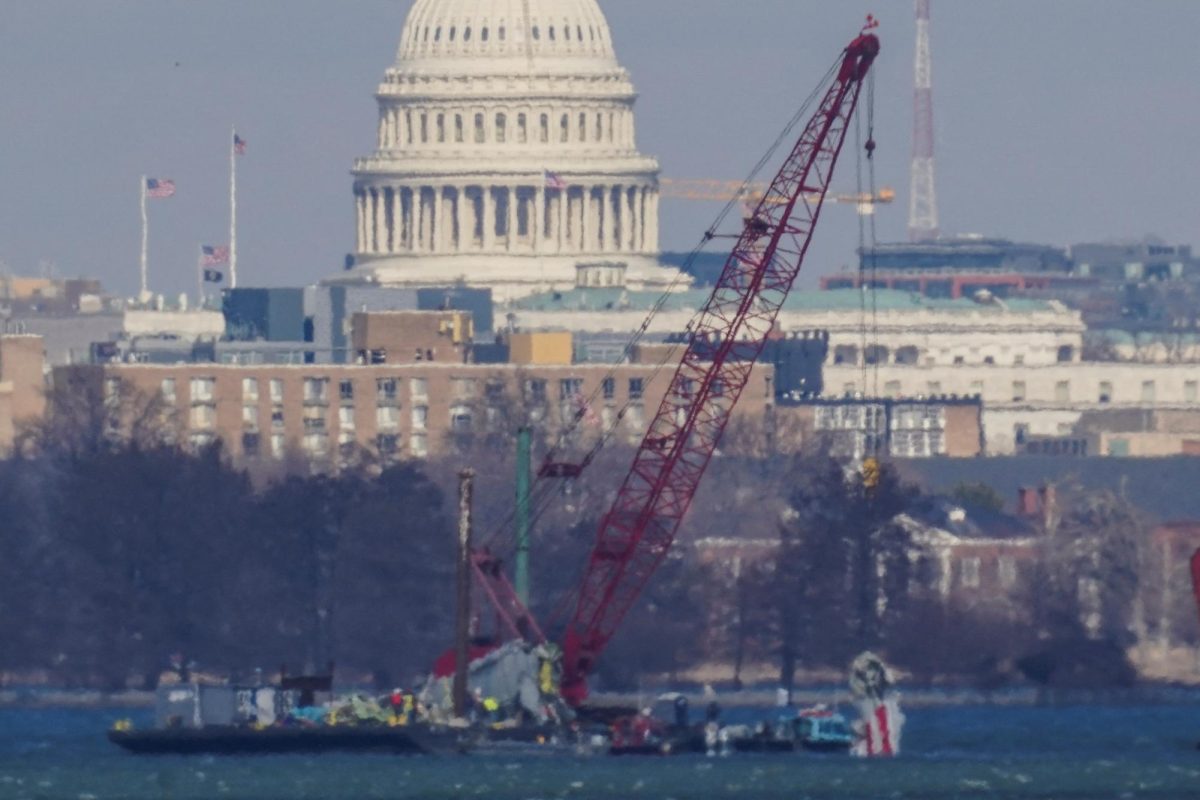
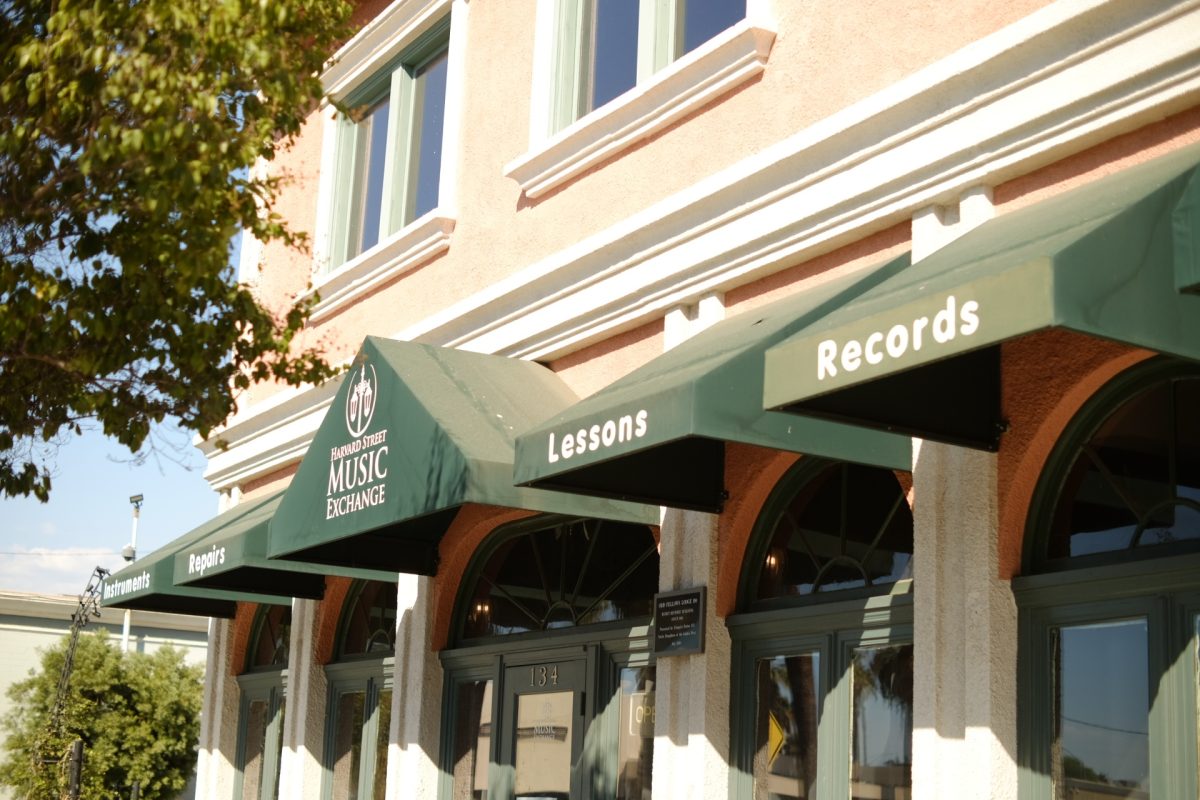

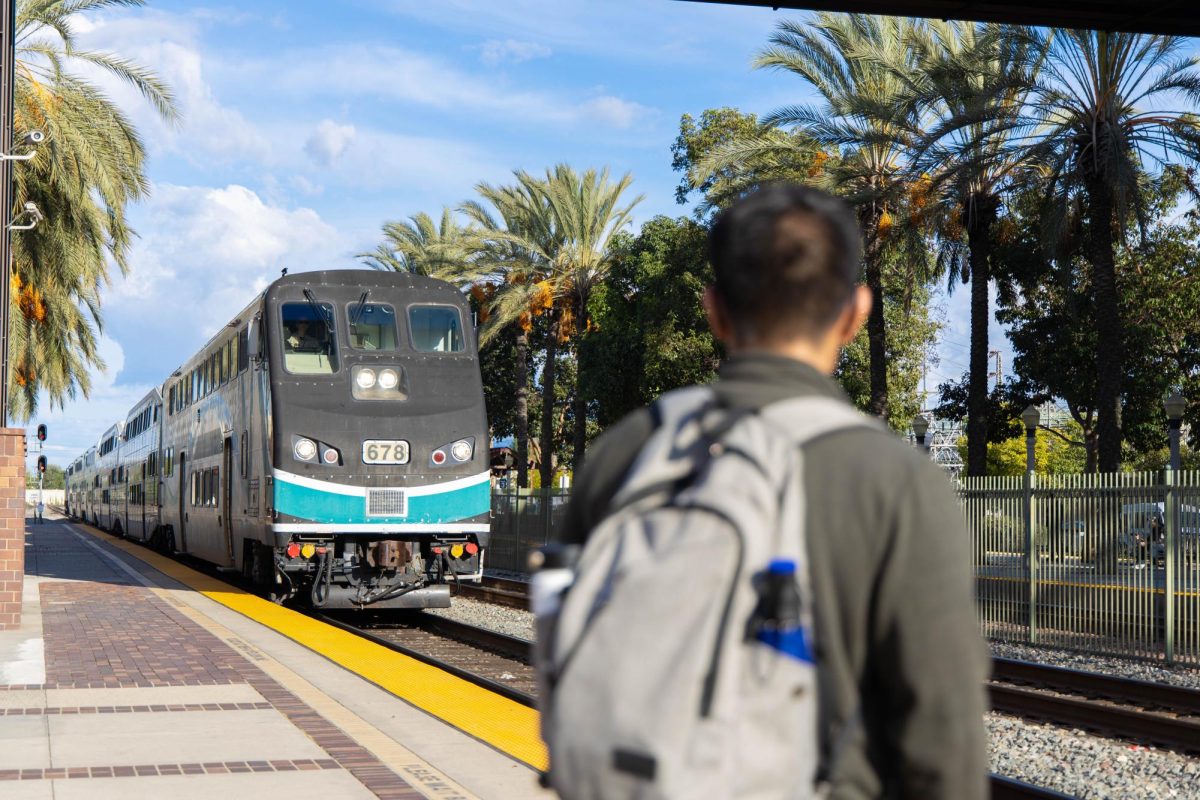
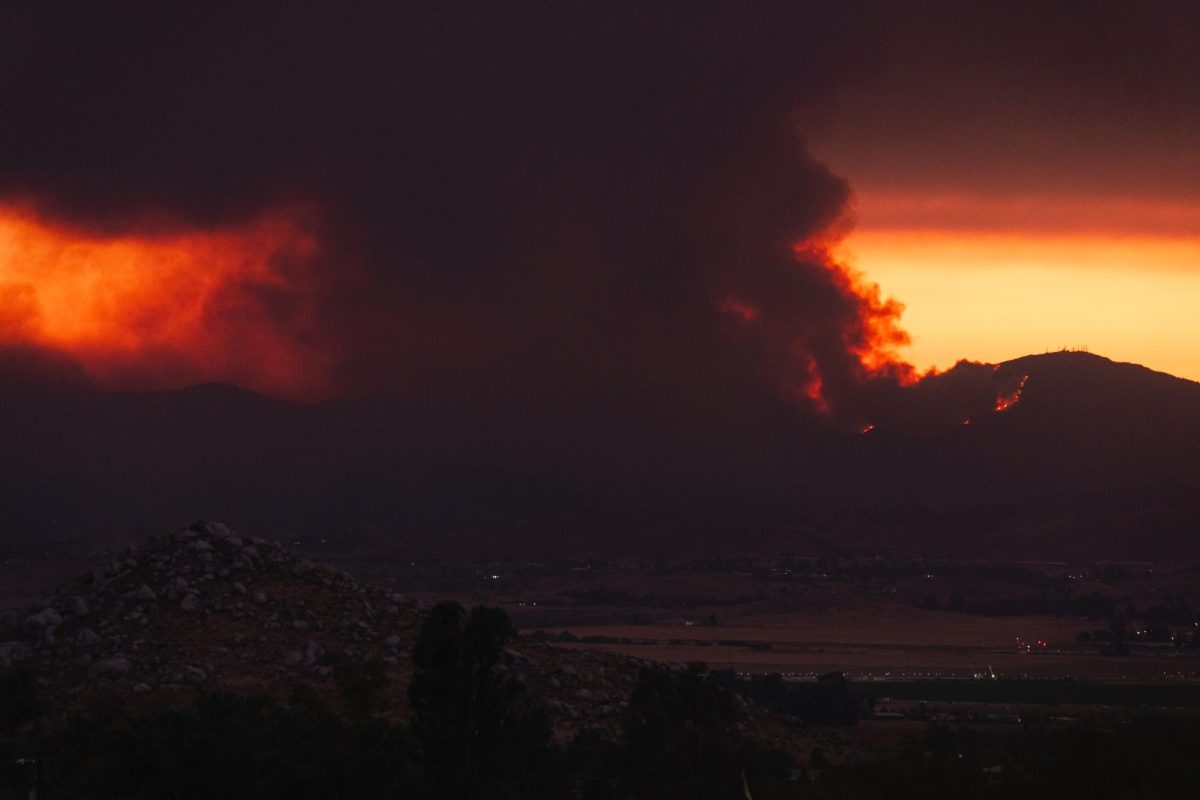


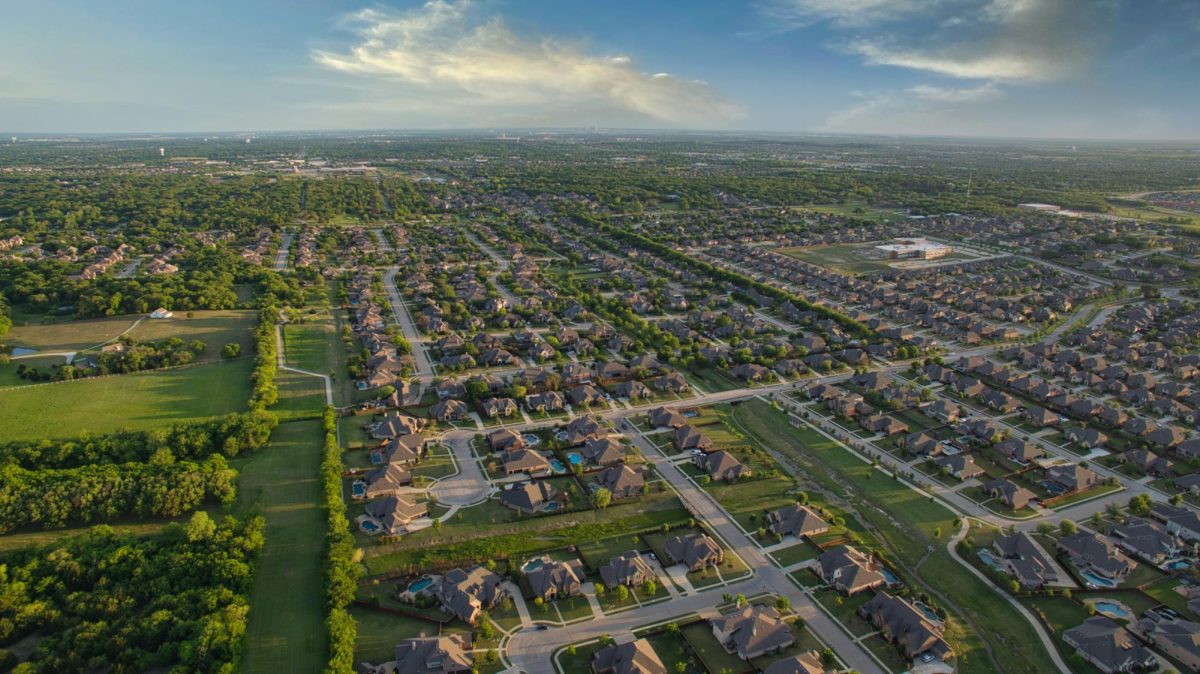

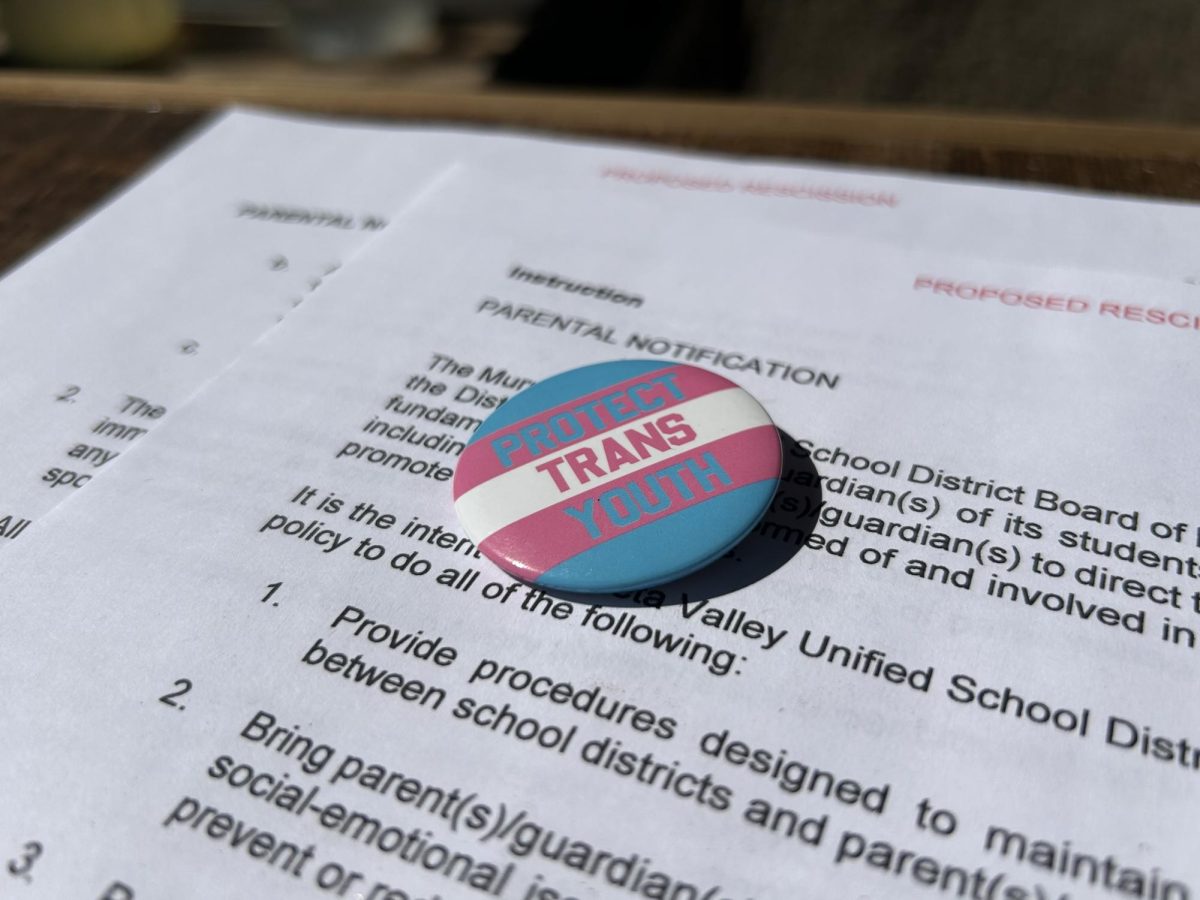









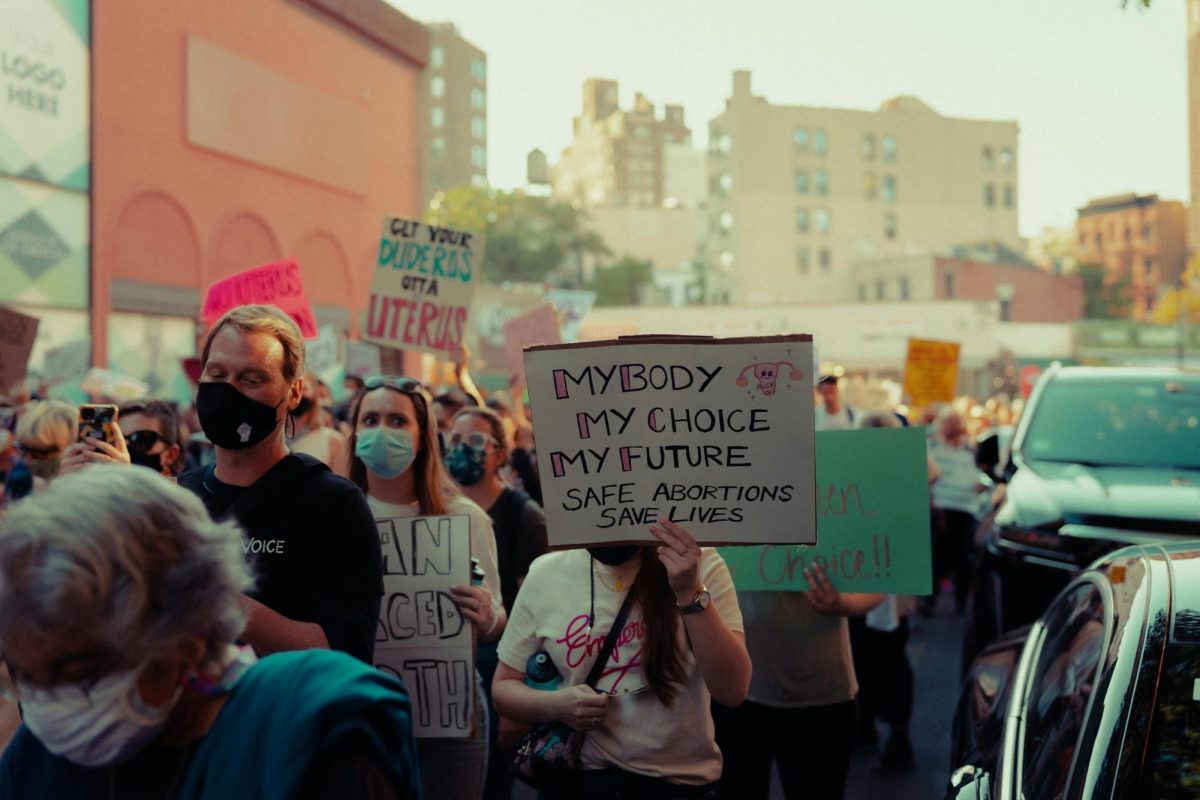
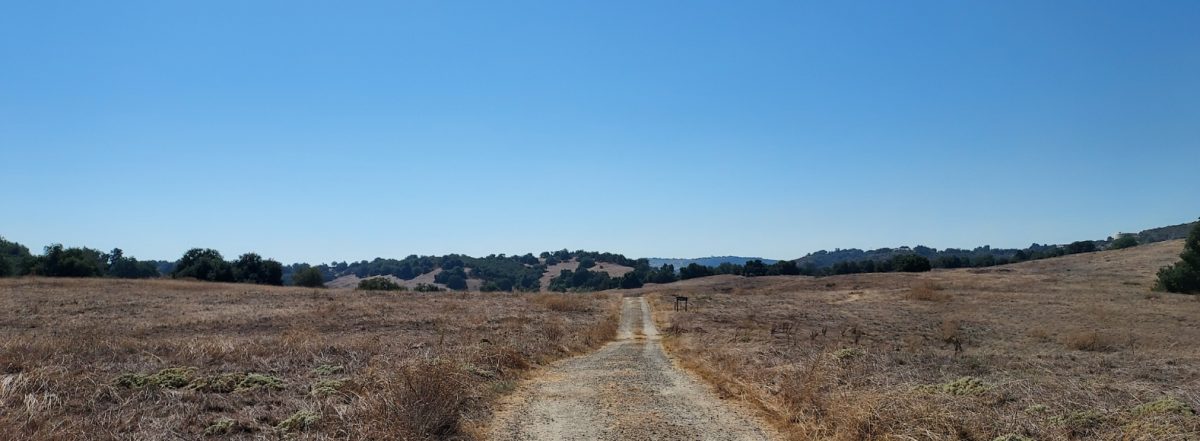
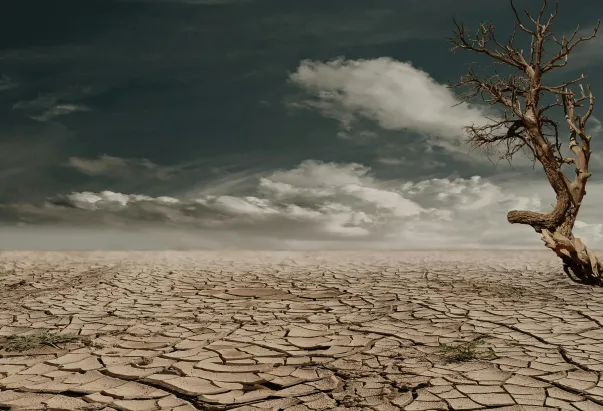
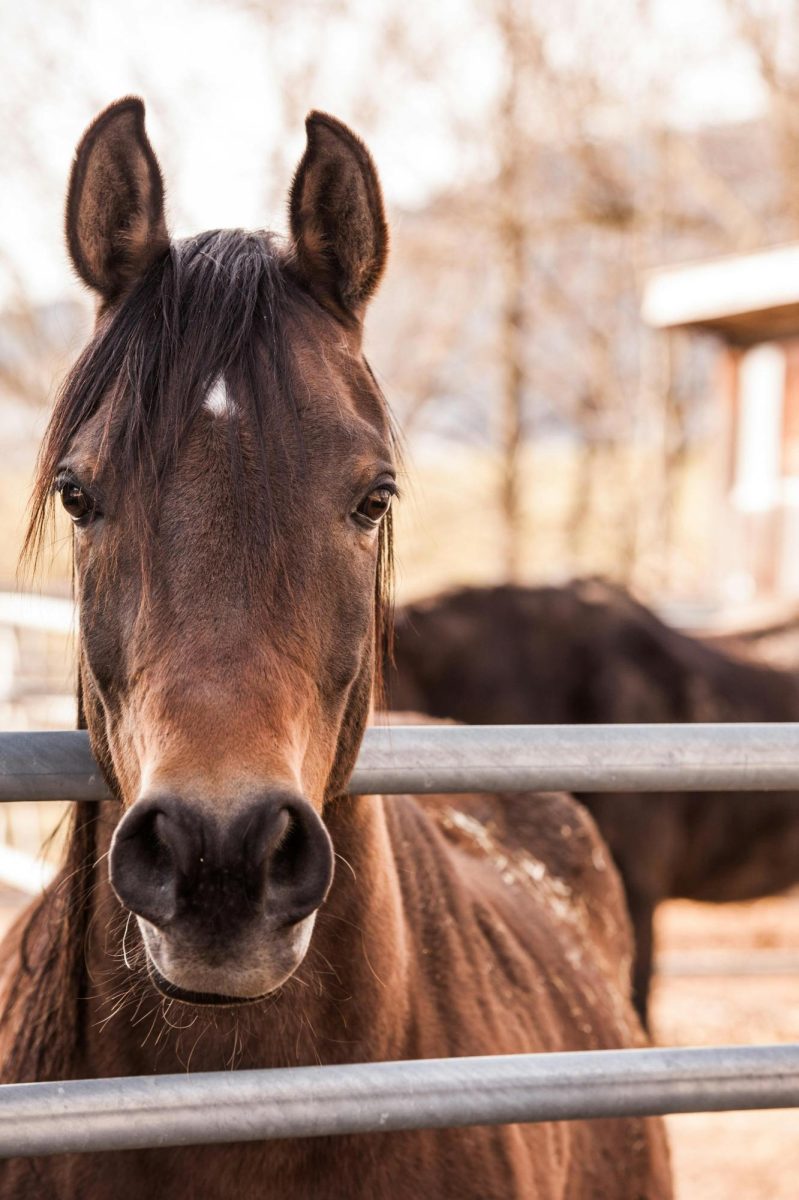

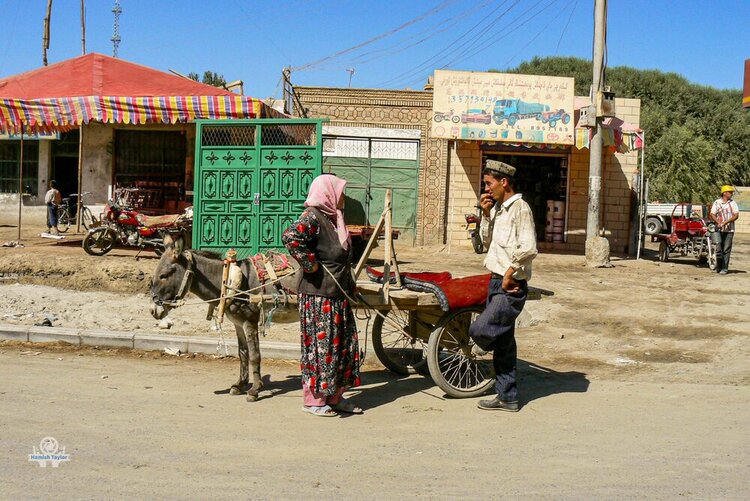
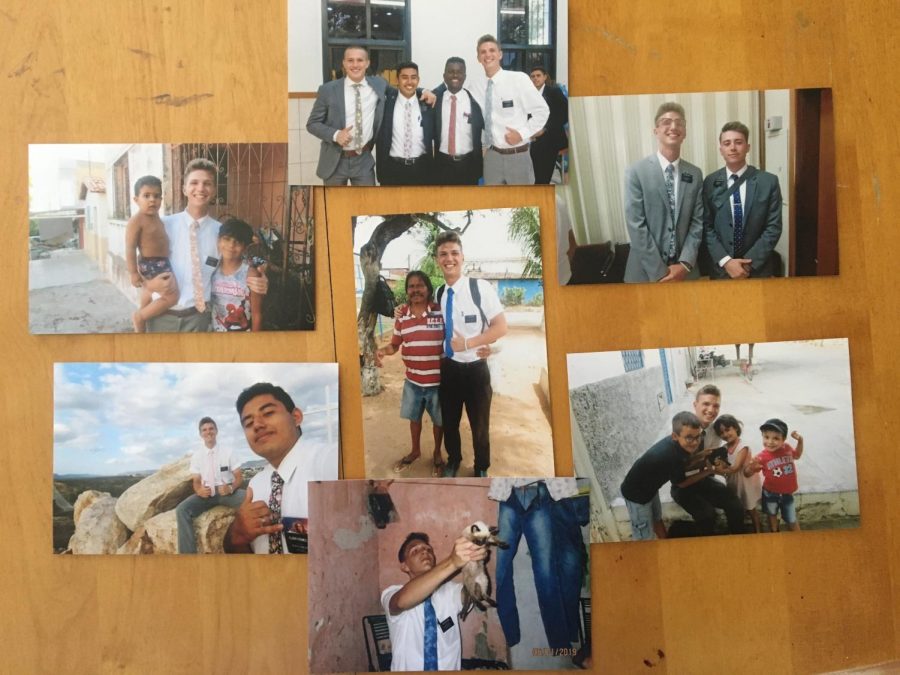
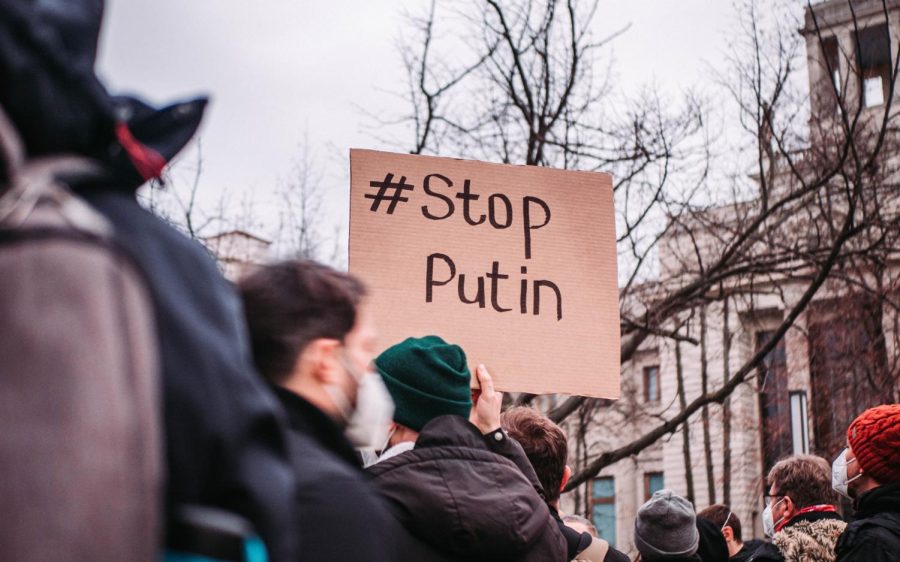
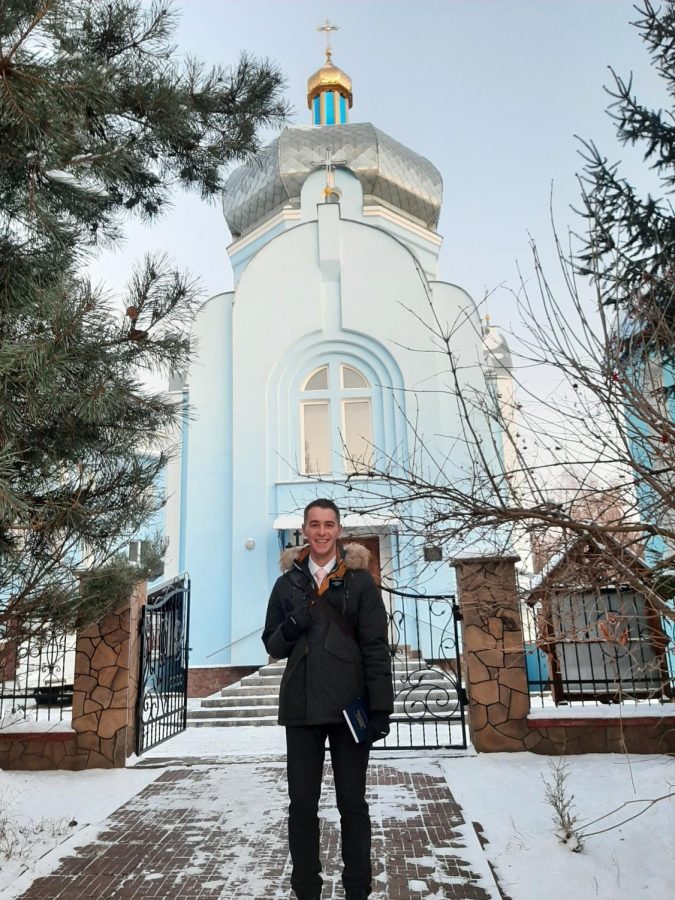
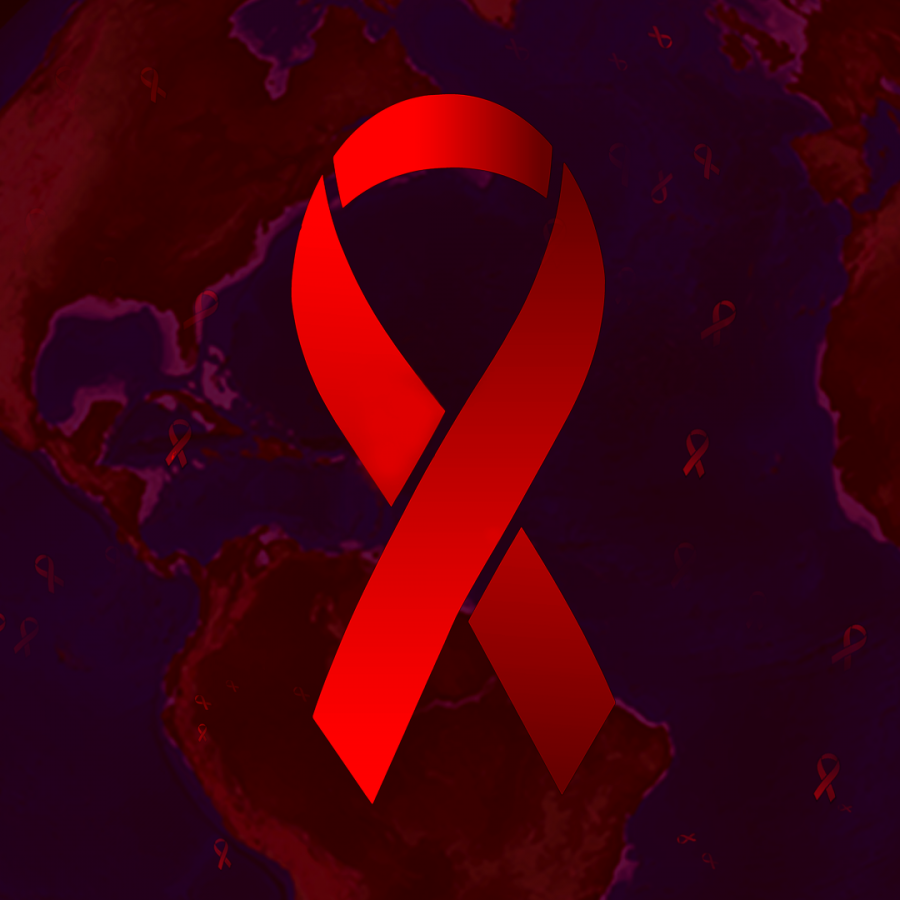

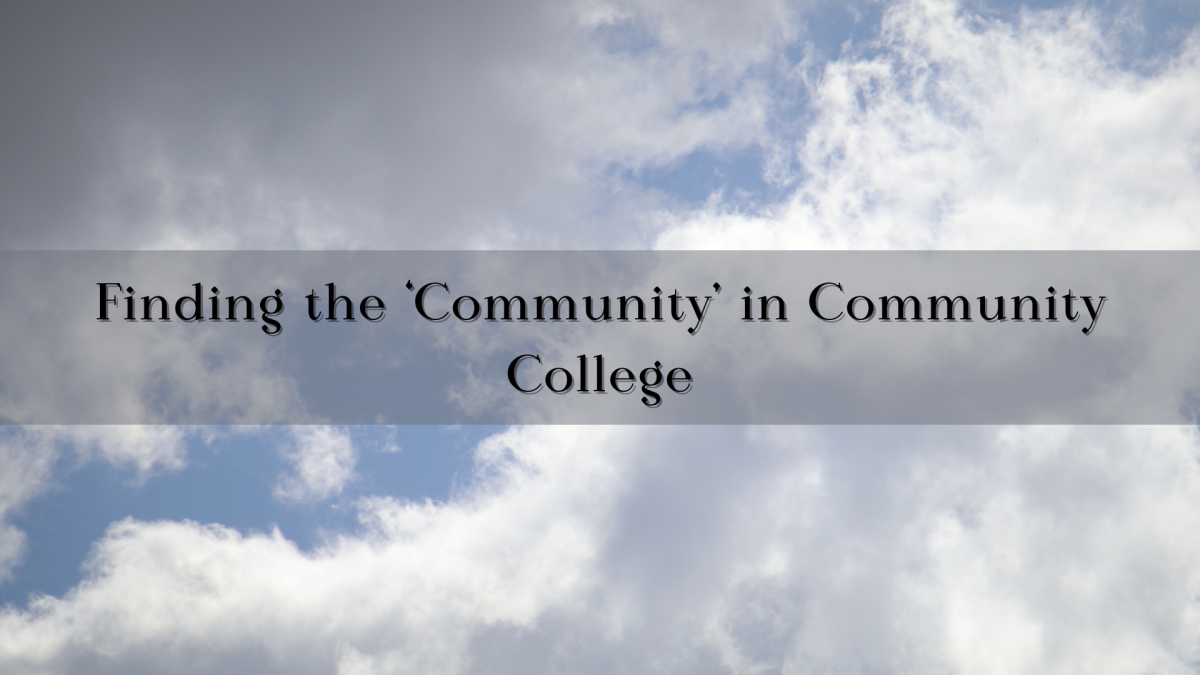
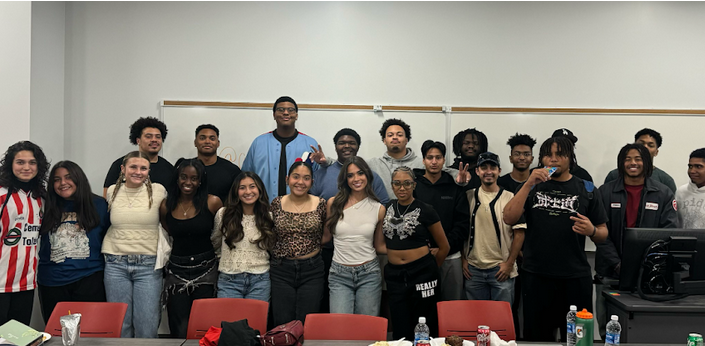


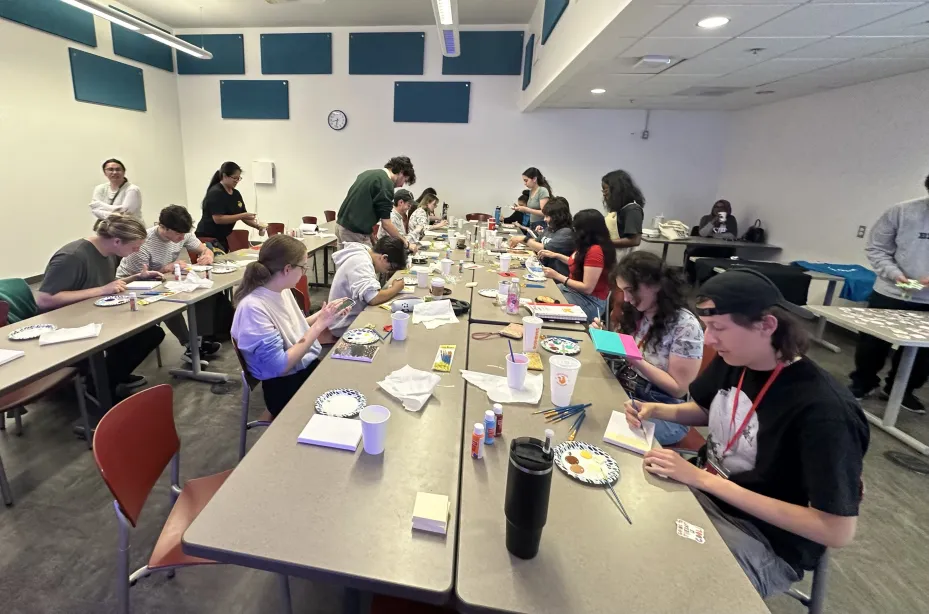
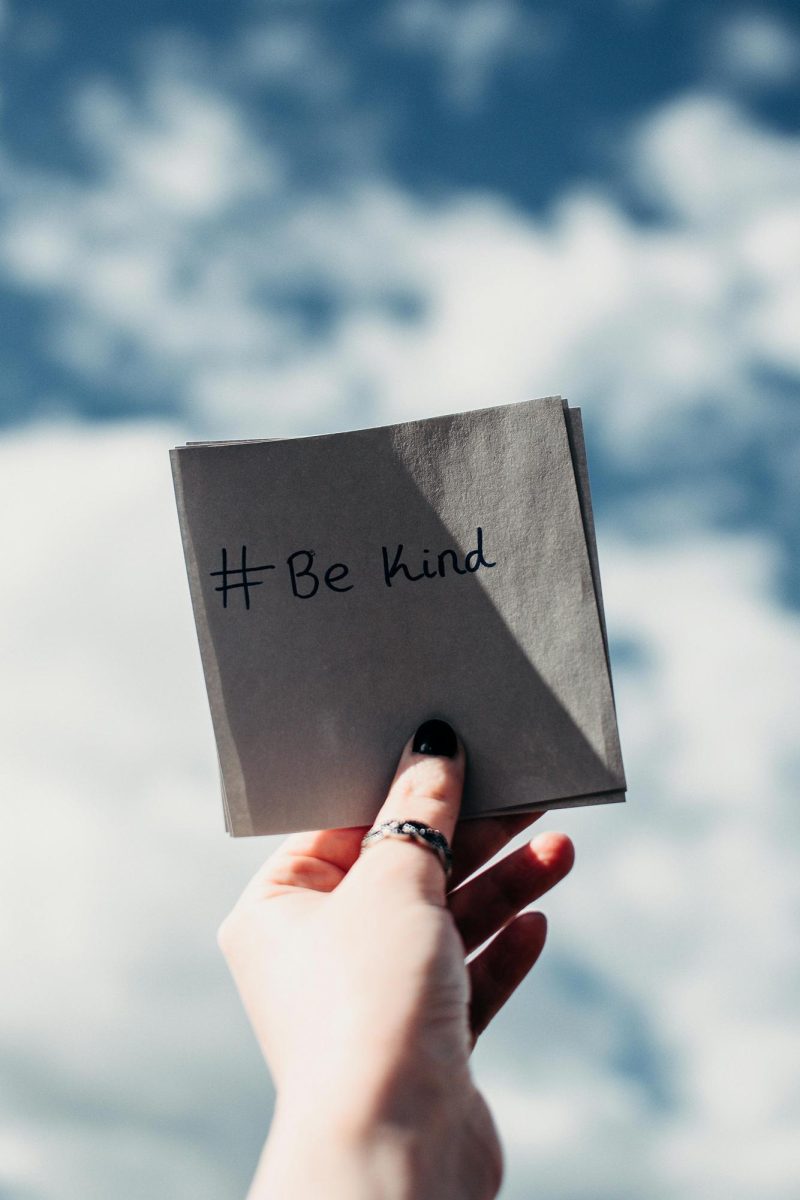






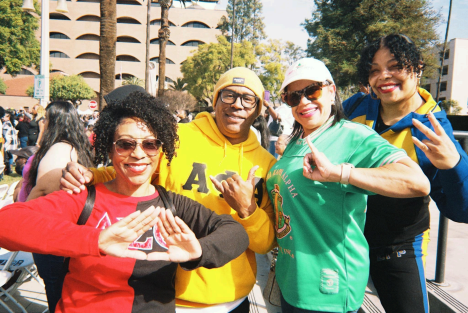
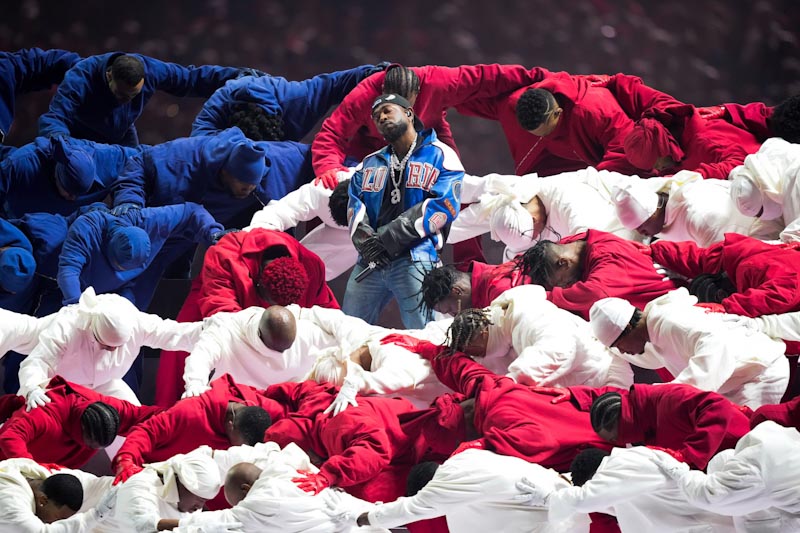
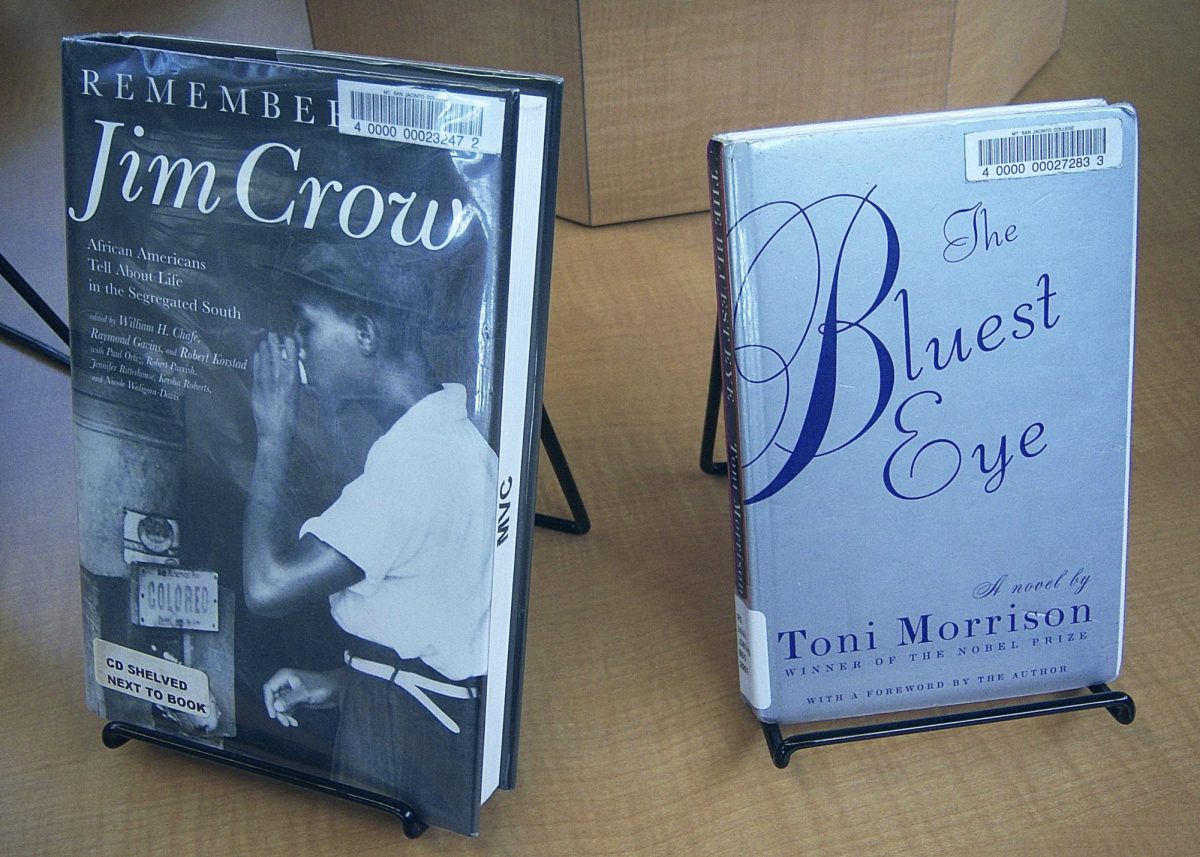




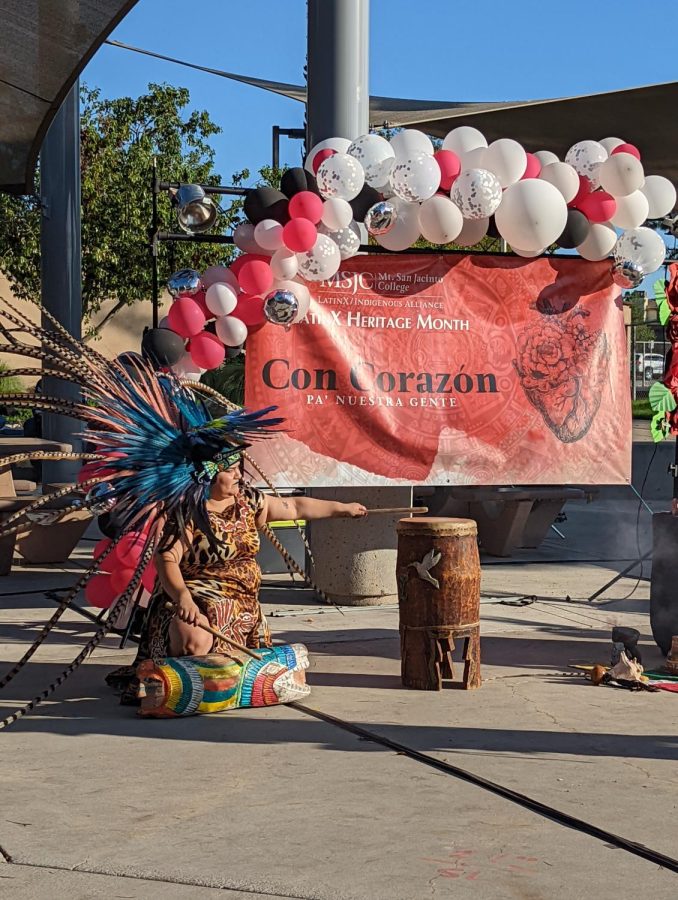
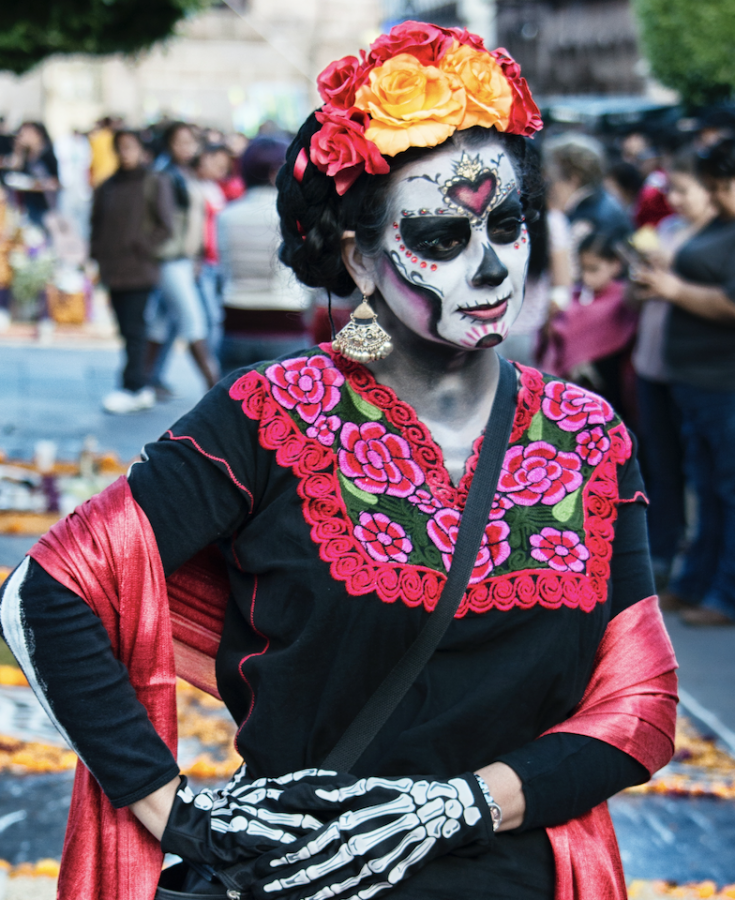



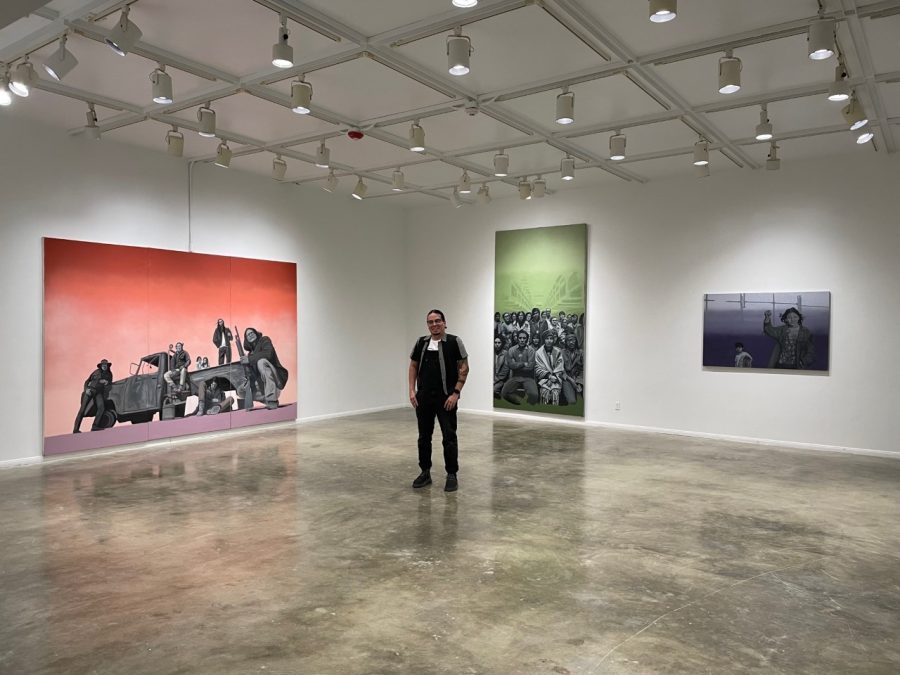




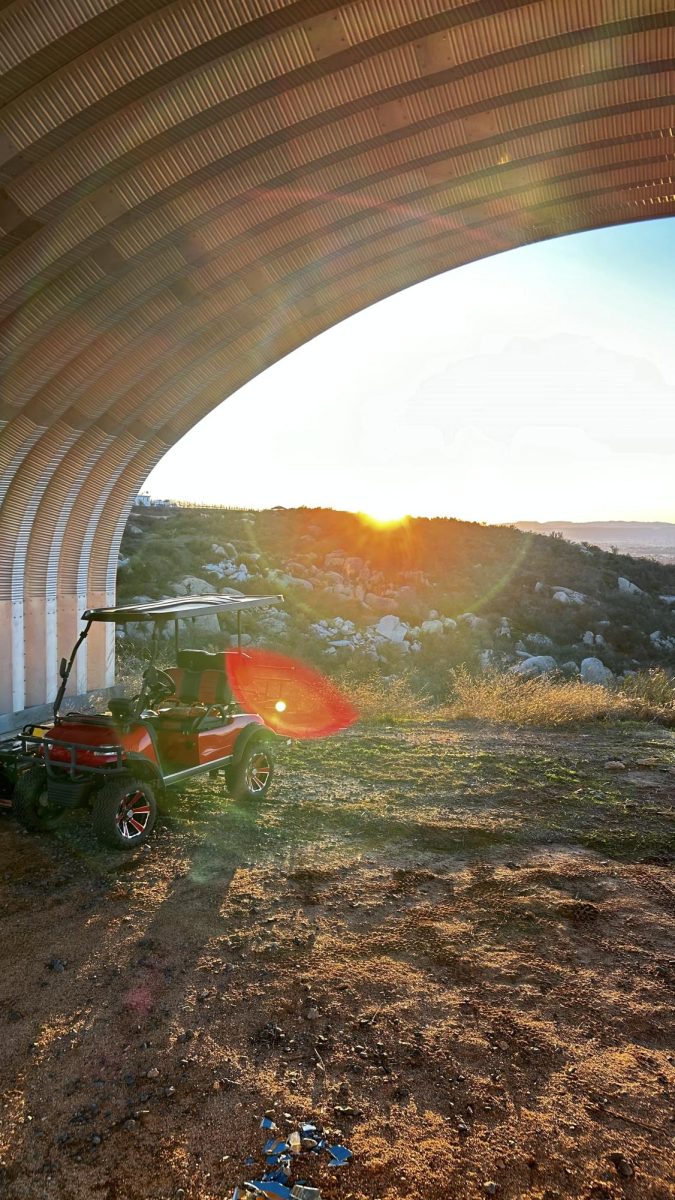

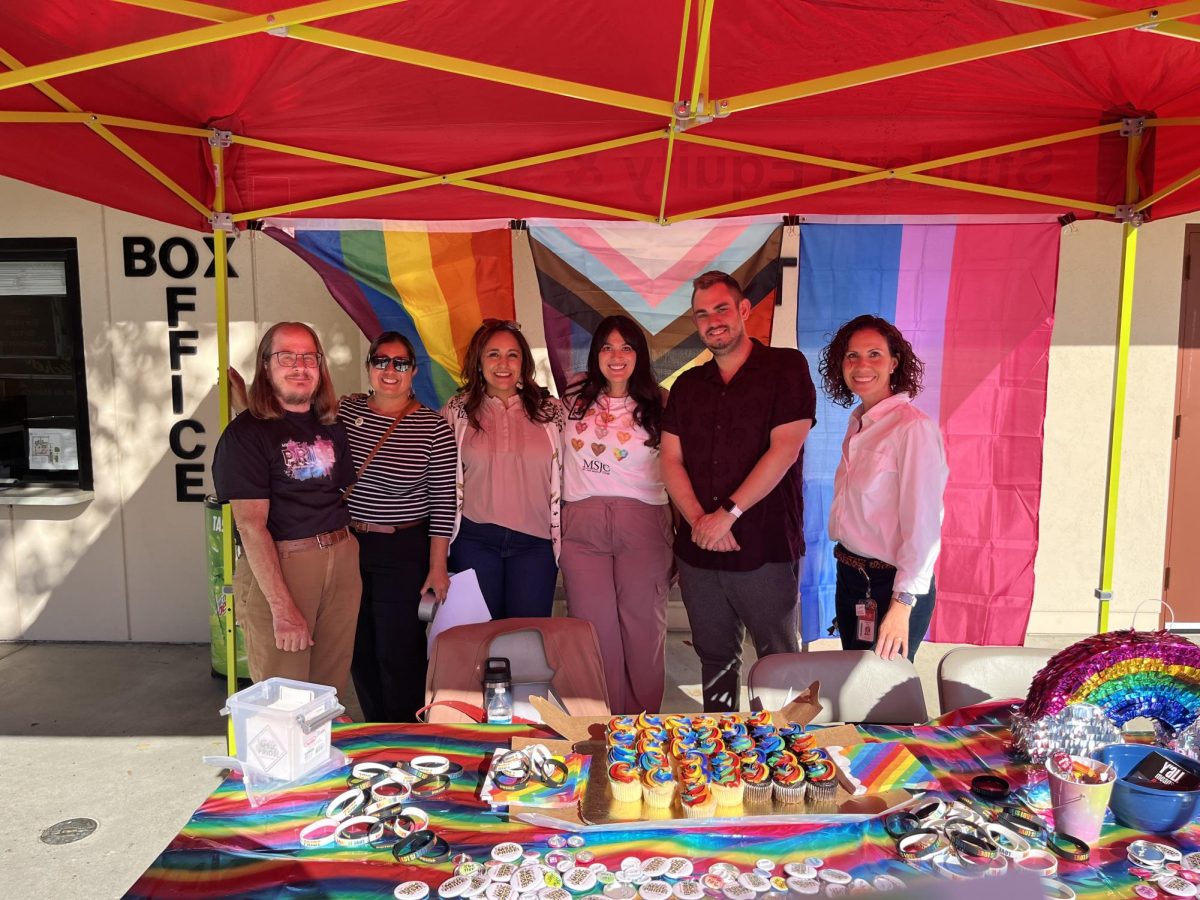










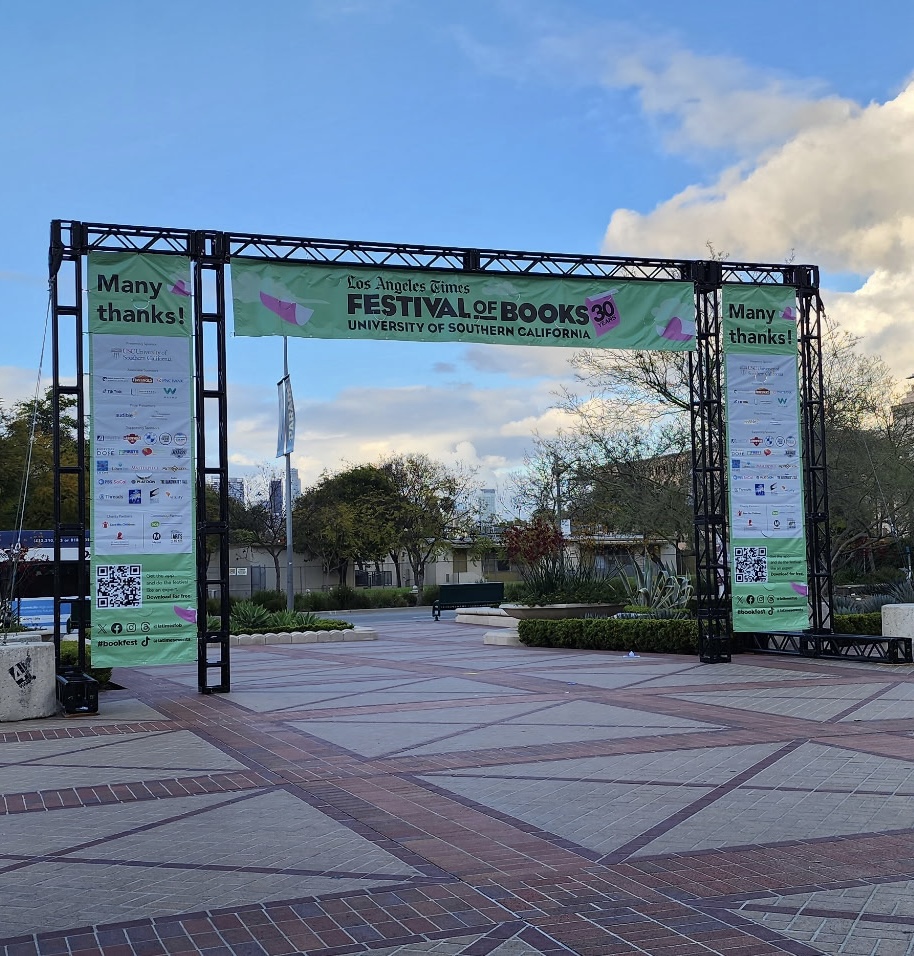

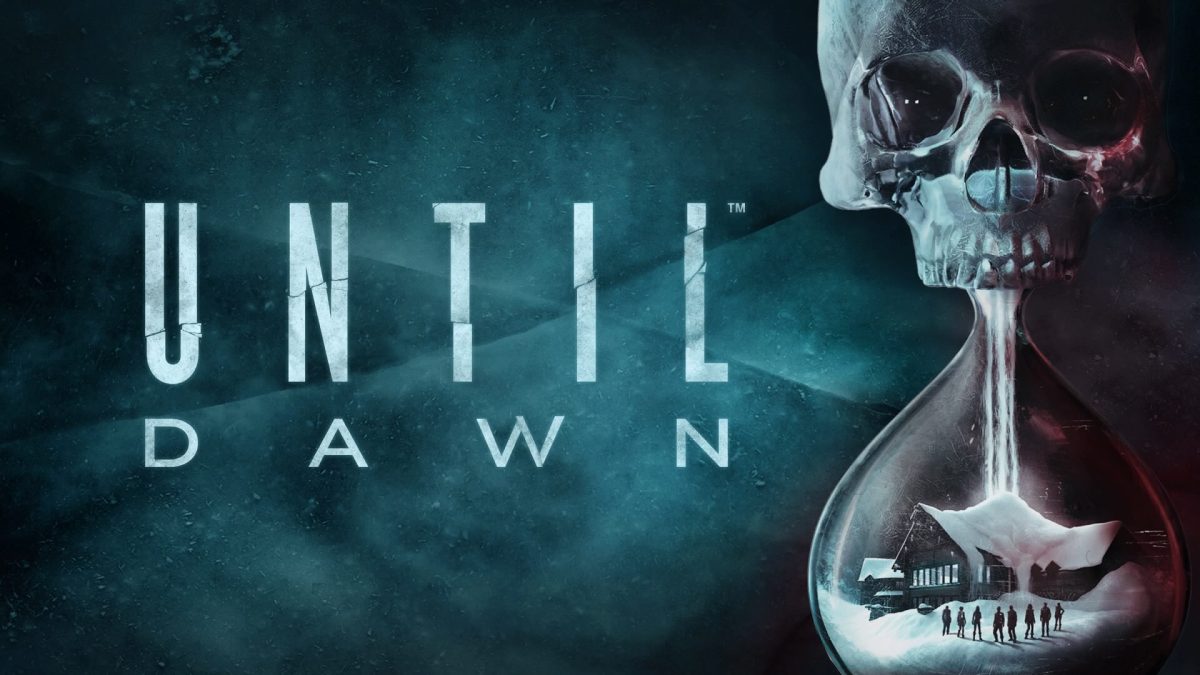
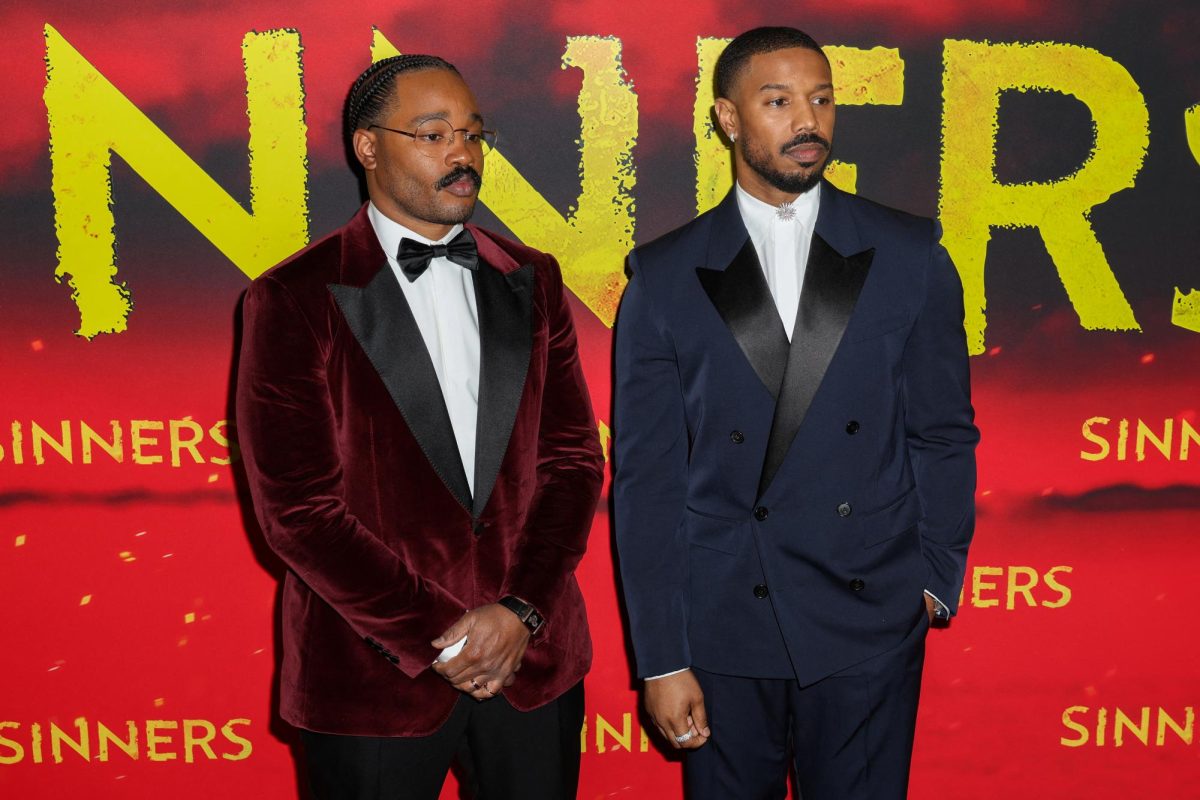
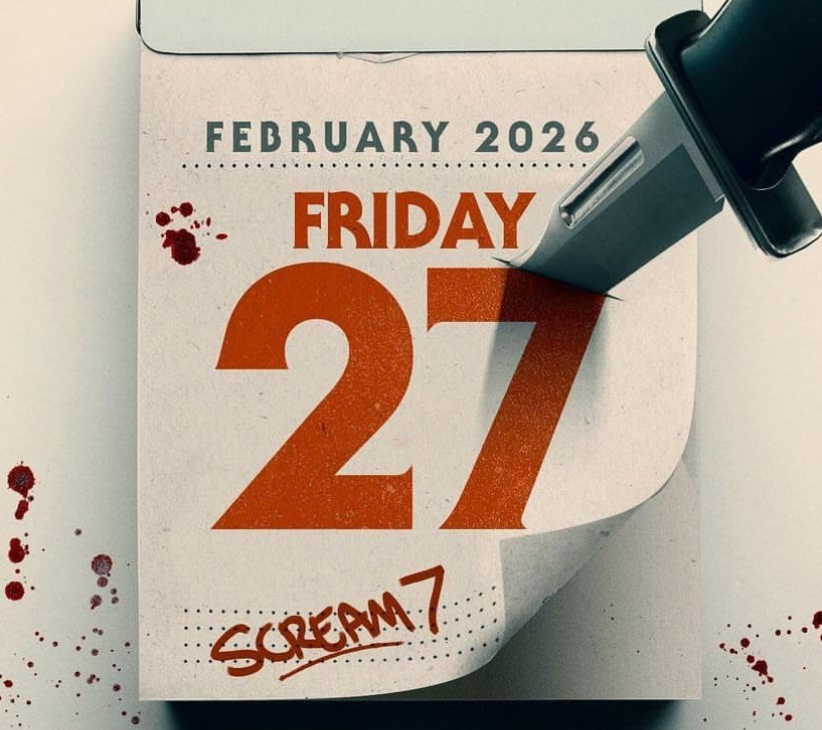

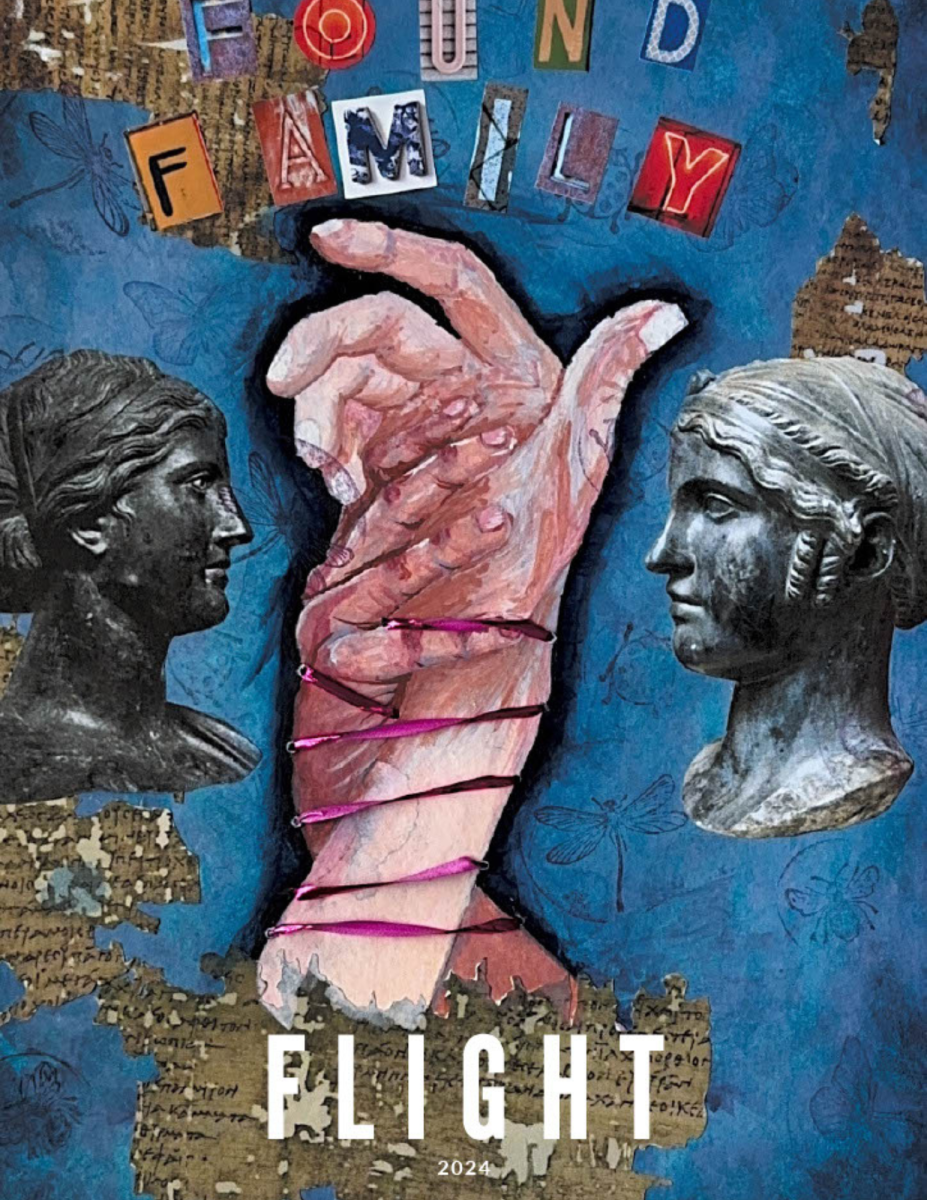







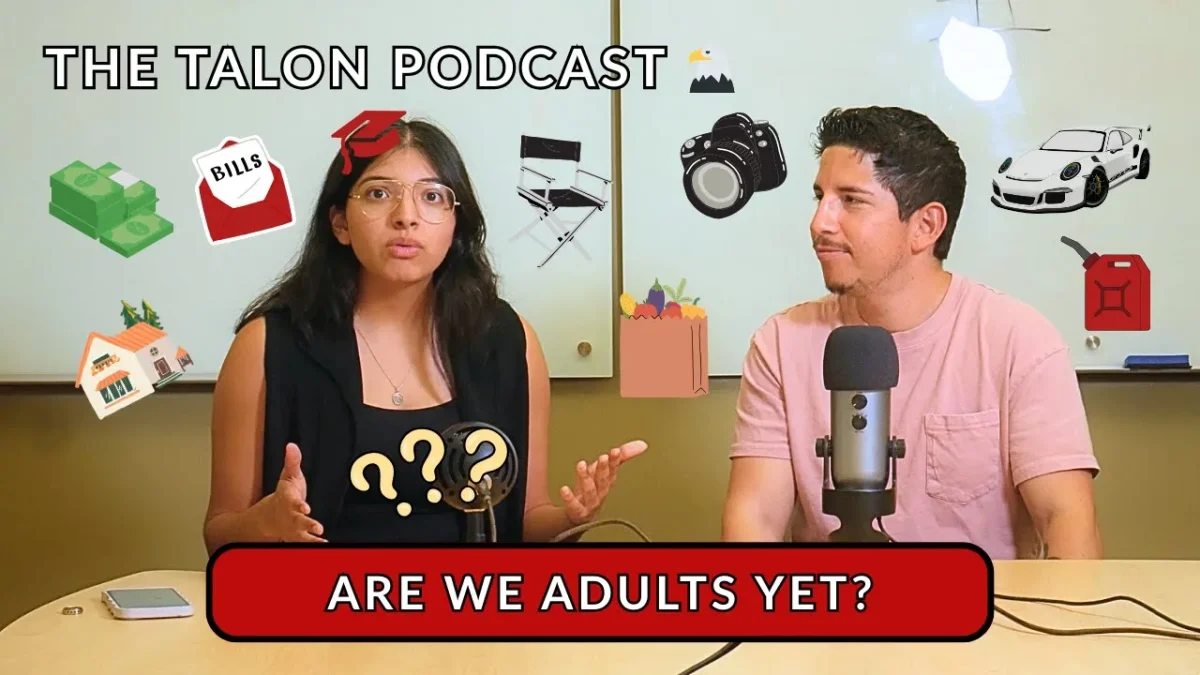


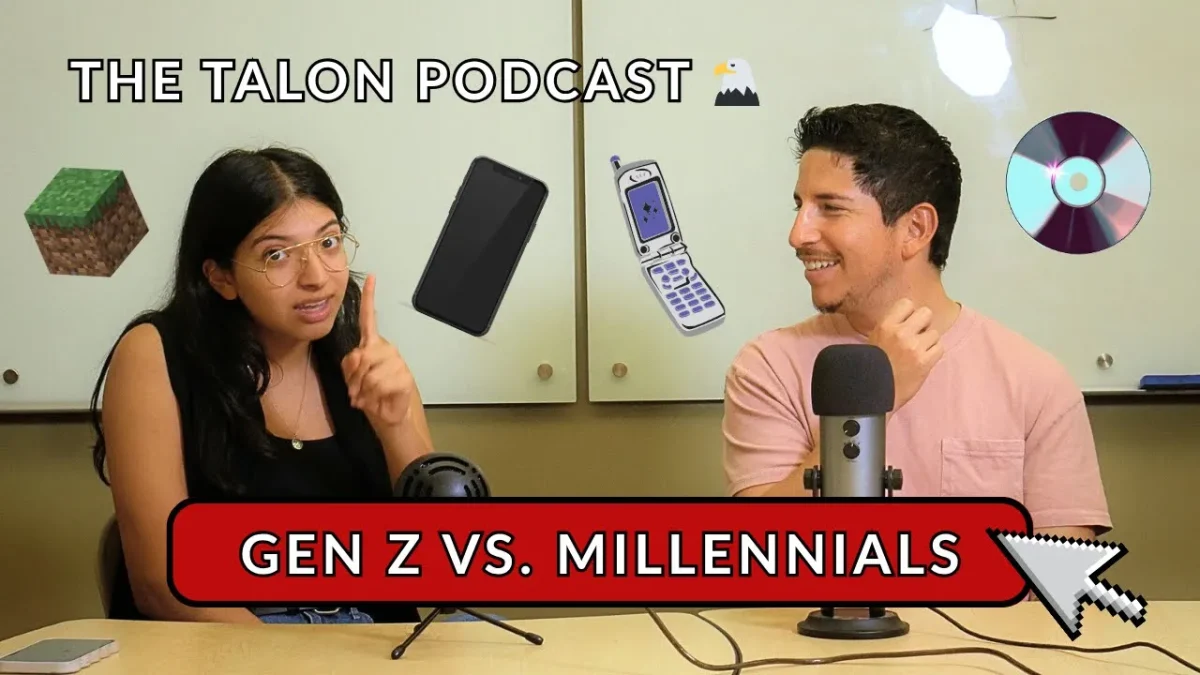
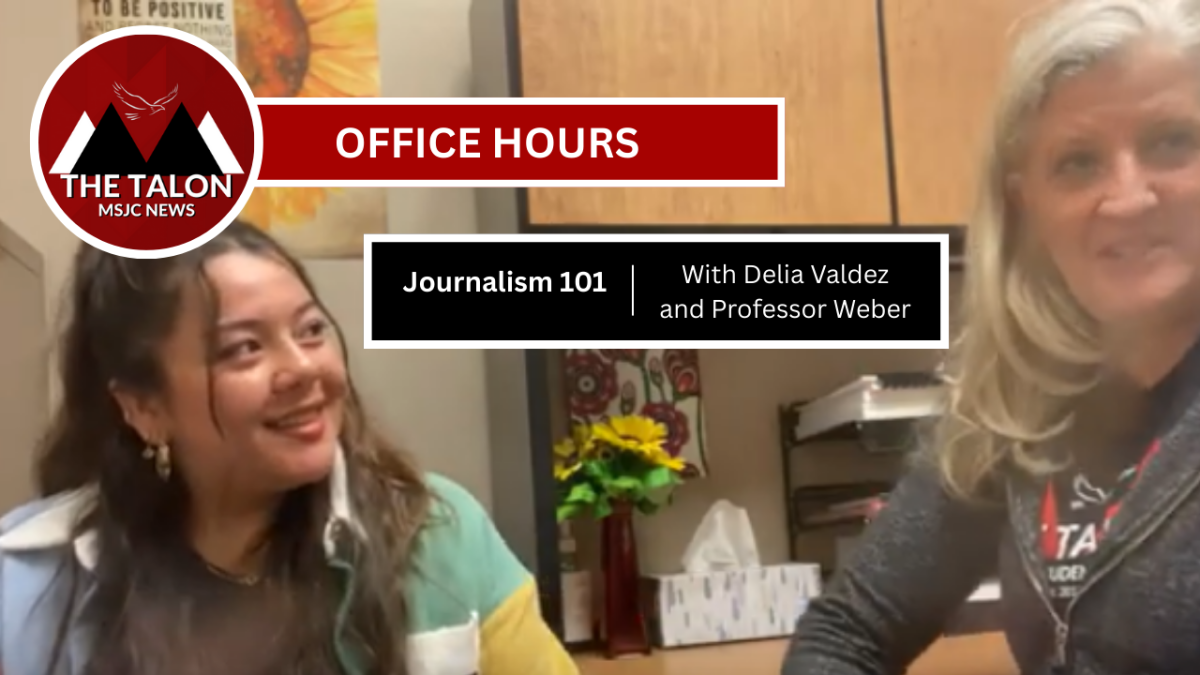




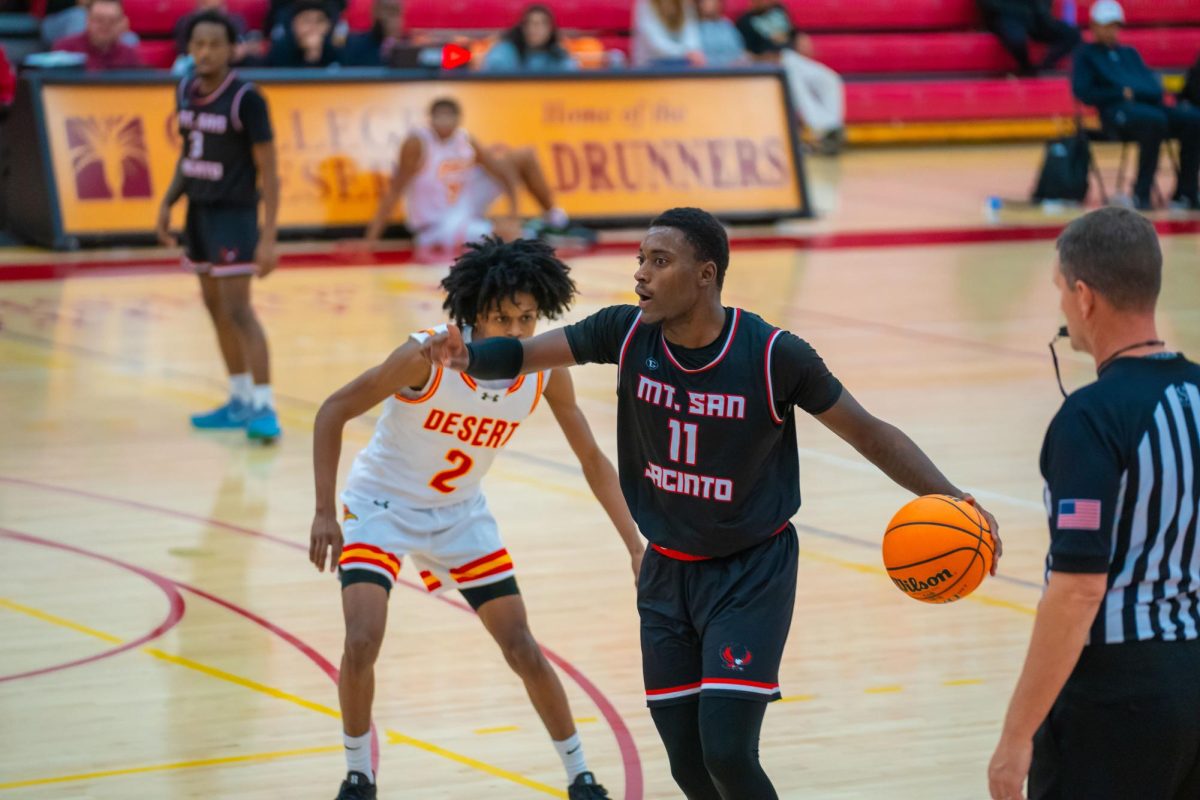




Marlene Thomas • May 21, 2025 at 11:53 am
Wow! Very informative. I had no idea of the ongoing intense training that our firemen go through on a daily basis and their absolute sacrifice they give to our communities. Your article, Kaitlyn was well written and very interesting!